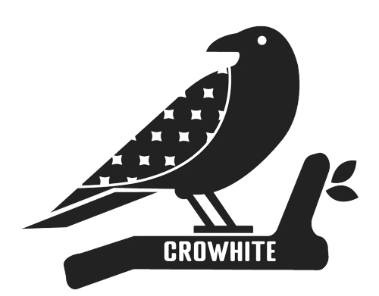Conducting effective remote interviews requires various strategies and considerations. In this article, we are highlighting 6 strategies you can implement right away. By implementing these tips below, you can effectively assess candidates and make better-informed hiring decisions while providing a positive candidate experience.
Use Familiar Technology and Icebreakers
Ensure comfort with technology by practising before remote interviews. Incorporate icebreaker questions to create a relaxed environment because research shows that icebreakers reduce stress and set a positive tone, facilitating open discussions.
Focus on the Objective and Time Management
Lead interviews in a timely and organized manner. It’s a professional engagement where you learn about the candidate. So, minimize time spent on irrelevant chatter to avoid meeting overruns and incomplete interviews that disregard candidates’ time.
Maintain Engagement and Professional Etiquette
Stay engaged during remote interviews by actively listening and maintaining clear speech. Avoid interruptions and act as if the interview was in person. Professionalism and respect create a productive atmosphere for accurate assessment.
Prioritize Human Connection
In remote interviews, prioritize human connection by allocating time for an informal conversation either at the beginning or end of the interview. This encourages candidates to share more about themselves beyond qualifications and skills. Insights into personality, cultural fit, and remote relationship-building are crucial for success. Connecting on a personal level shows care, fosters trust, and aligns candidates with company culture.
Showcase the Company Culture Virtually
Create an engaging virtual experience that reflects the company’s culture and values. Personalize interviews with interactive elements like virtual office tours or video introductions from team members. Such initiatives attract top talent and build meaningful connections.
Ensure Clear Communication
Establish clear expectations and guidelines for remote interviews. Provide detailed instructions on the interview format and technology requirements. Follow up promptly, offering feedback and next steps. Clear communication respects candidates’ time and enhances their experience.
As remote work continues to grow, mastering the art of remote interviewing is crucial for building strong, remote-ready teams. Remote interviews present unique challenges, but with careful planning and attention to these key areas, you can conduct successful remote interviews that lead to selecting the right talent for your teams.
